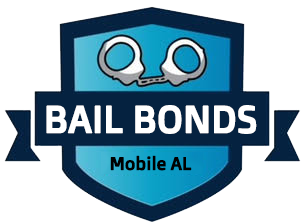
When someone gets arrested, law enforcement will almost always recite your Miranda Rights, and one part that is very important talks about, “You have the right to an attorney, if you cannot afford an attorney, one will be appointed to you.” What this is actually referring to is a public defender. While a public defender is a lawyer and just like any other lawyer, they are there to help you defend your case, there are a few things to keep in mind when using a public defender over a privately hired lawyer. Of course for many, resources are often the issue when it comes to making that choice but if you are fortunate enough to have options, here are some of the things to know when it comes to government-subsidized lawyers.
You have to apply and be eligible for a public defender
One common misconception in regards to public defenders is that you can just choose to get a public defender for free as opposed to going with a private lawyer even if you have the means to do so. This is actually a myth and people who are arrested actually have to apply to get appointed a public defender and typically you can’t make more than 25% over the poverty line to qualify. If you are not able to qualify for a public defender you may not have a choice but to either represent yourself or hire a private attorney who may accept payment plans.
Public defenders will have many cases at the same time
One of the biggest downfalls with using a public defender is the fact that they are often stretched incredibly thin. These lawyers are representing many defendants at once so one-on-one time to truly discuss your case will be incredibly minimal. This is not to say that they do not care and won’t do their best to defend you but logistically them having the time and resources to do a lot of research beforehand most likely won’t be possible.
Public defenders can have more experience With local court systems
One advantage of using a public defender as opposed to a private attorney is because public defenders work so often within certain court systems they tend to become experts within those systems and know most of the judges that will be hearing cases. This could give a defendant a leg up in understanding the thought process of a certain judge and gives a better idea of how a hearing could go.
Overall, just like with any other decision like this there will be benefits and drawbacks. However, going in with some research done about what to expect can help with expectations becoming disappointments.



